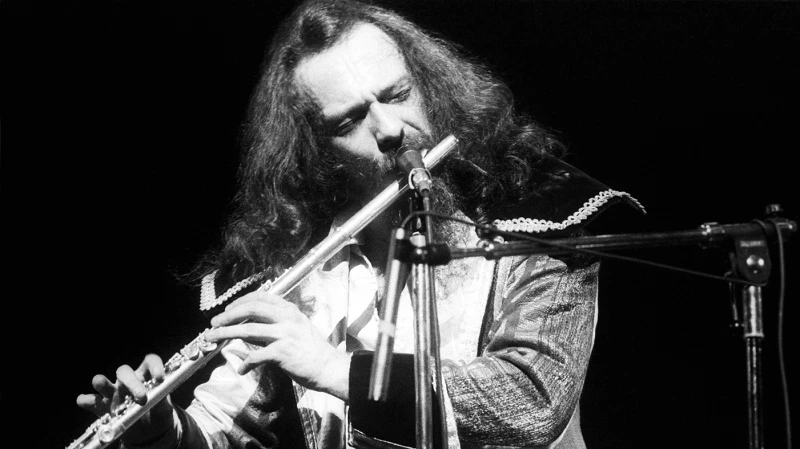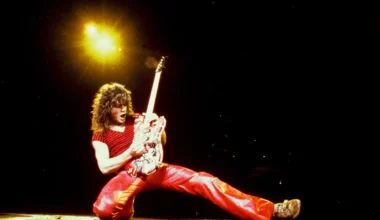Ian Anderson, the bandleader of Jethro Tull, has always been a mystery. The flute-playing, esoteric frontman has created a unique back catalog. Modern prog and folk rock owe a great deal to it. This makes him stand out in an era full of colorful leads. Although his work may not appeal to all listeners and is tucked away in a specialized area of the music spectrum, there is no denying that the Dunfermline native has had a significant influence.
Anderson and his group have a rich history. It includes Rush frontman Geddy Lee publicly discussing the significance of the Blackpool band. Also, the unusual, brief tenure of Black Sabbath guitarist Tony Iommi. The fact that even post-punk poet Nick Cave is a fan shows how far their influence has spread. This is an odd statement considering Anderson’s art seems to contradict his.
A realistic personality has always set Anderson apart from the multitude of great artists of his era, aside from the ever-changing quality of his music and the power of some of his compositions. He disparaged fans’ favorite Jethro Tull songs. He revealed his deep sorrow over the passing of Frank Zappa. These actions support the perspicuity of an artist who has achieved unbelievable feats.
Anderson’s candid analysis of his artistic development adds yet another level of intrigue. Like all artists of undeniable value from that era, he formed his style during a time of great innovation and cross-pollination. He drew inspiration from a variety of sources, as evidenced by the stylistic range of his back catalog.
Although the uninitiated might assume Anderson to be a devoted fan of the psychedelic sounds of the 1960s, he found complete refuge with the folk of that decade. Like many of his well-known peers, he considers Roy Harper to be the greatest songwriter of all time, despite his uniqueness as an artist.
A true trailblazer, Harper contributed significantly to the folk revival, and the reason it has persisted as a constant in culture ever since. Known for his distinct fingerstyle and rich lyrics, he composed music that heavily referenced his favorite jazz. He stood for the fusion of American folk music with folk music. As a result of his influence, bands like Led Zeppelin, Pink Floyd, and of course Jethro Tull committed to securing the two formerly disparate forms inextricably.
Some listeners may recognize his vocals on Pink Floyd’s classic song “Have a Cigar” from Wish You Were Here. Many younger listeners were not around for his heady heyday. Besides, there wouldn’t be Fleet Foxes or Joanna Newsom without Harper.
Ian Anderson has dutifully acknowledged Harper’s brilliance on multiple occasions and even referred to him as his “principal influence” when it comes to songwriting and guitar playing. Even though Harper will by now undoubtedly be regarded with such reverence, Anderson paid the most elaborate tribute to him. He spoke to Classic Rock in 2023. Anderson called Harper the greatest songwriter of all time.
Roy Harper, he remarked. I purchased his records between 1968 and 1970. He distinguished himself from other writers of the time. He covered a wide range of topics. These ranged from straightforward, stoned love songs to political and social issues. I find myself thinking about Come Out Fighting Genghis Smith [’68] a lot. It spoke to me since I had recently moved to London. So, in the words of Led Zeppelin, “hats off to Roy Harper.”
Roy Harper has a long list of devoted and vocal fans, but how he has managed to be one of the most underappreciated musicians in the mainstream is still one of music’s biggest mysteries. Maybe because folk music has always been inherently countercultural—just ask Ian Anderson—is the reason.








